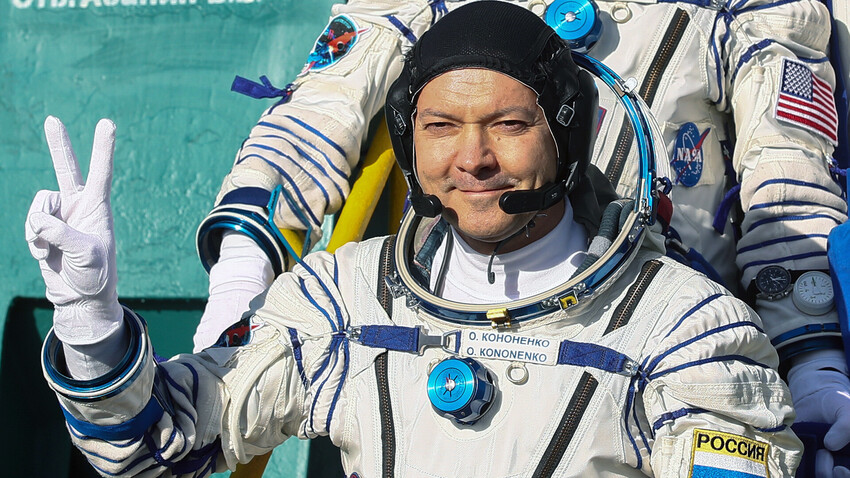
On June 5, 2024, Oleg Kononenko became the world's first cosmonaut to accumulate more than a thousand days in terms of total duration of space missions!
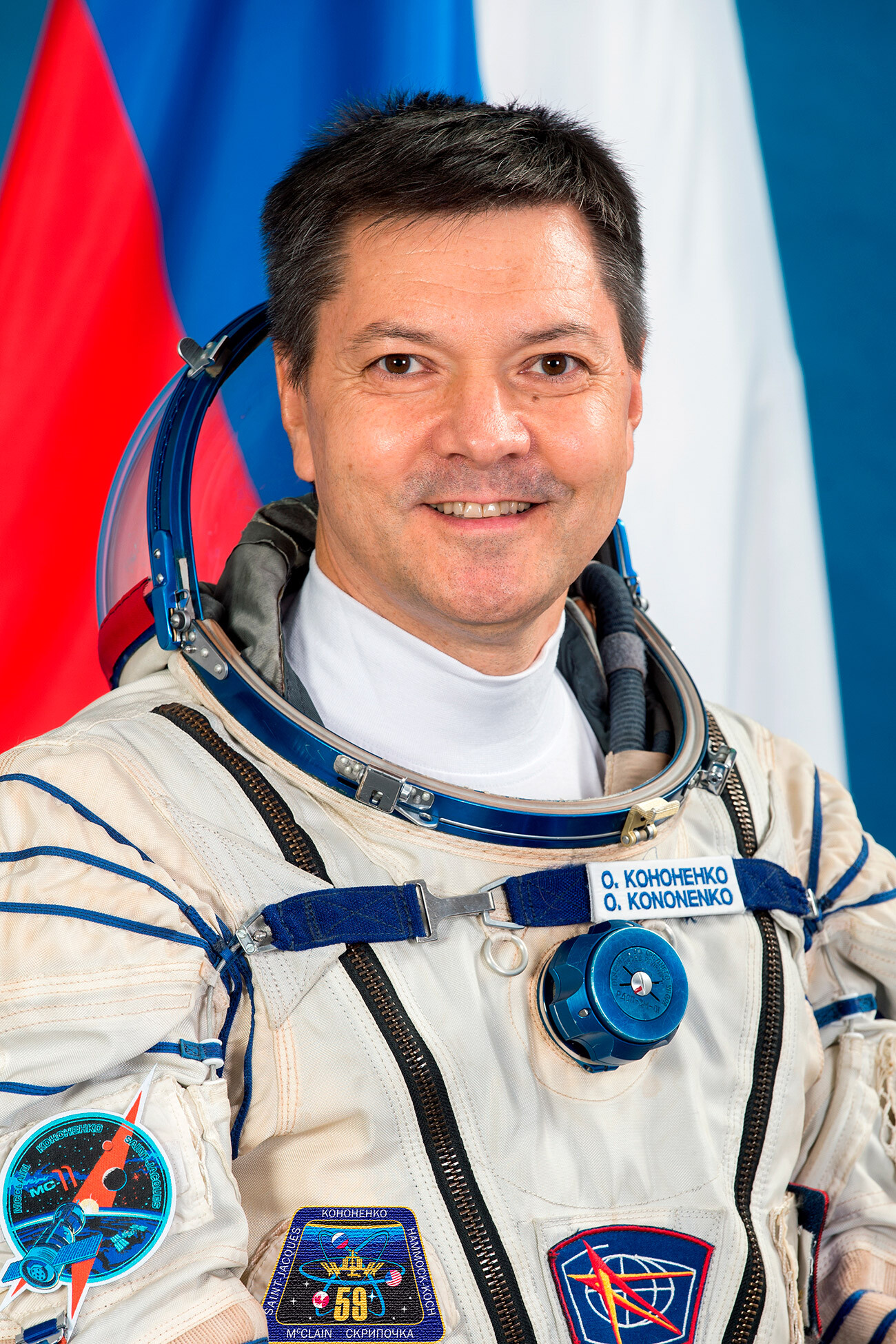
The previous record, by the way, also belonged to a Russian cosmonaut. Gennady Padalka spent more than 878 days in zero gravity. Kononenko, however, broke his record in February 2024.
Today, Oleg Kononenko is head of the Russian cosmonaut team on the ISS. For him, this is already his fifth mission, which is planned for a year. He embarked on this space flight on September 15, 2023, and is scheduled to return to Earth on September 23, 2024. Then, his total time in orbit will already amount to 1,110 days!
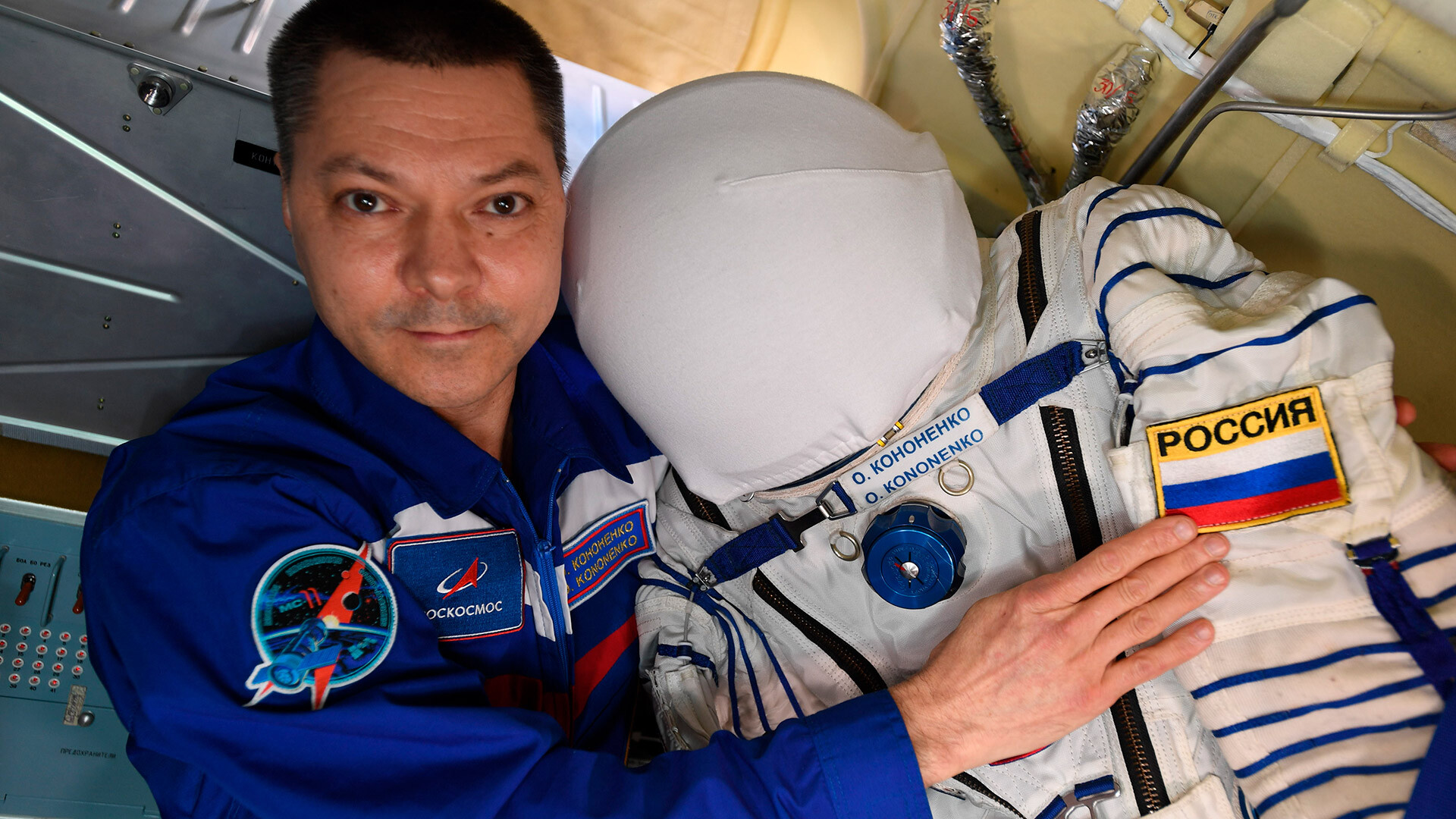
In April 2024, Kononenko went for a spacewalk for the sixth time. It lasted more than six hours, during which he was installing experimental equipment. In total, the cosmonaut has spent almost 40 hours in outer space!
Oleg Kononenko was born on June 21, 1964 (which means that, very soon, he will celebrate his 60th anniversary right in space). His native city is Chardzhou (now Turkmenabad), which was part of the Turkmen Republic of the Soviet Union back then. Oleg graduated from school there and then entered the Kharkov Aviation Institute.
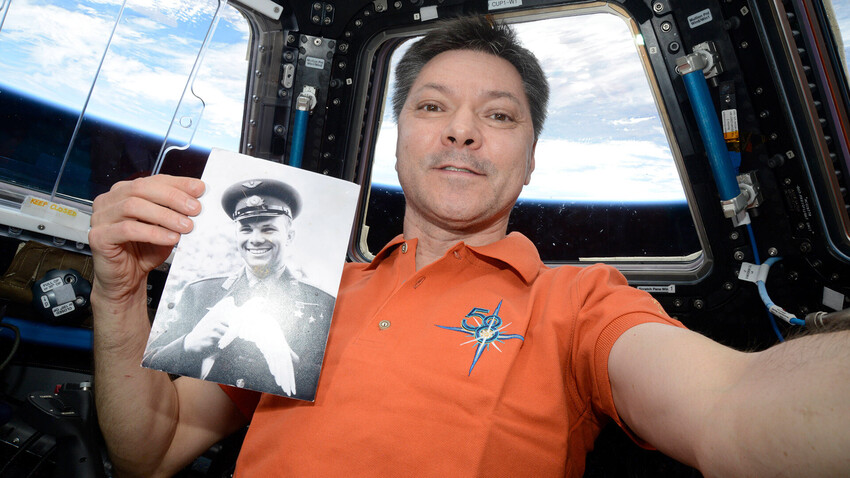
Oleg became a specialist in aircraft engines and then worked in a construction bureau in Samara, where he developed electrical systems for various spacecraft.
In 1996, Kononenko began two years of training to join the cosmonaut detachment and was then accepted as a cosmonaut-tester. His first space flight took place only 10 years later, in 2008, when he flew to the ISS. That mission lasted 198 days, during which he completed two spacewalks.
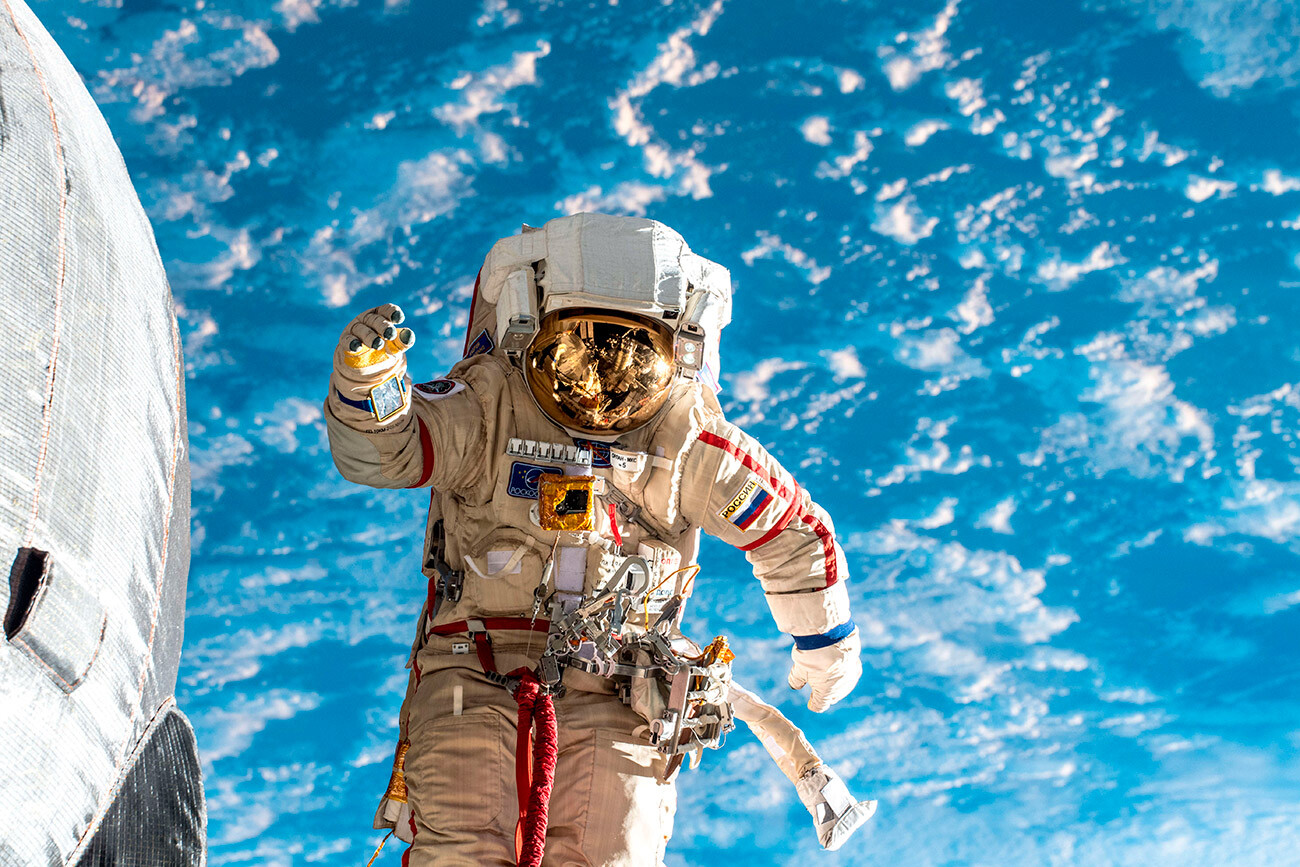
In 2009, Kononeko was awarded the title of ‘Hero of the Russian Federation’ for his courage and heroism shown during the space flight. The pilot has also been repeatedly awarded the ‘Order of Merit for Services to the Fatherland’.
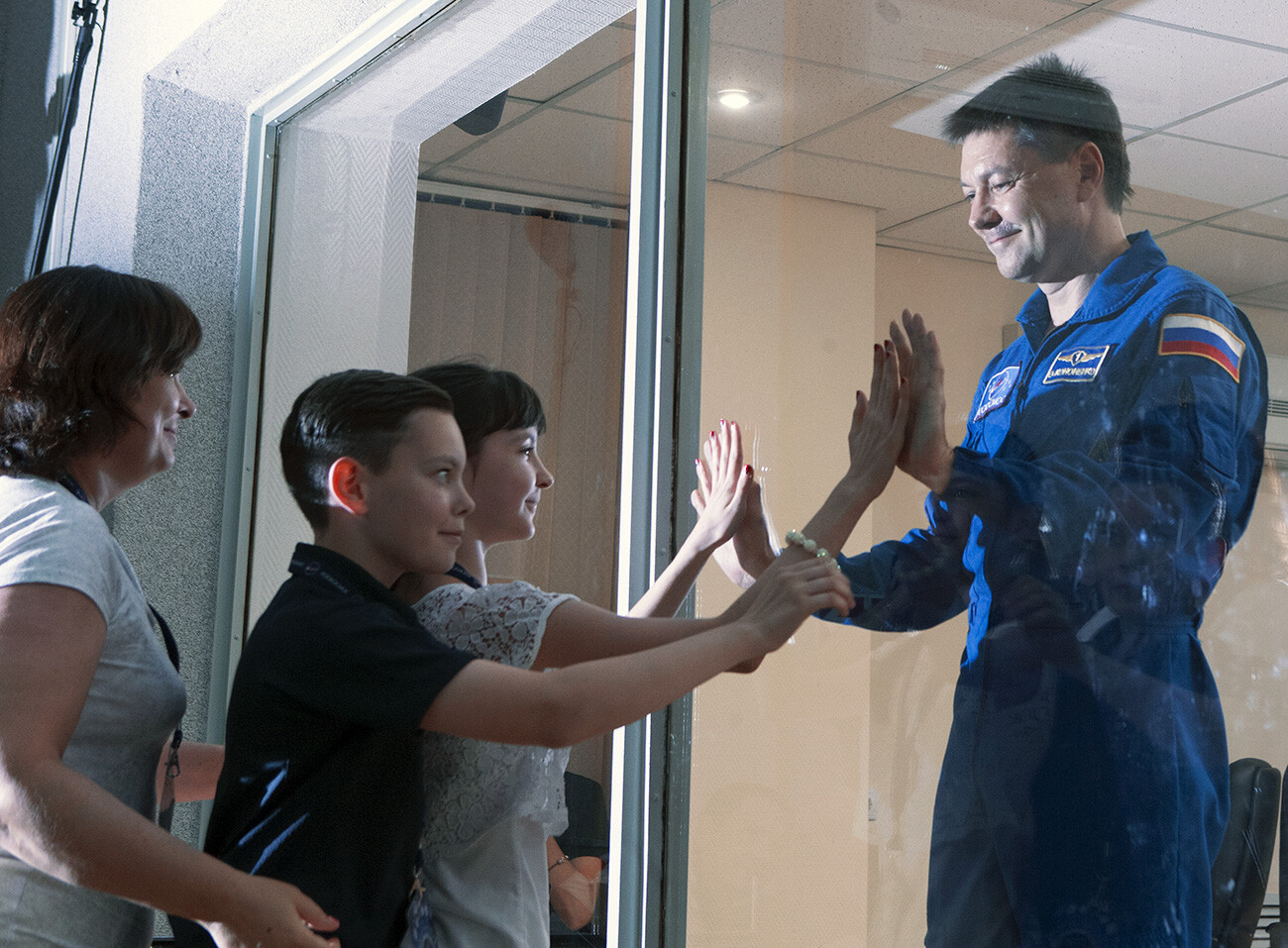
Kononenko with wife and kids
Vladimir Belousov/SputnikOleg Kononenko dreamed of becoming a cosmonaut from childhood. That is why, right after school, he went to work for a year as a kitting operator at the aviation technical base in his hometown. Then, while studying at the Aviation Institute, he ended up in charge of the faculty museum of cosmonautics.
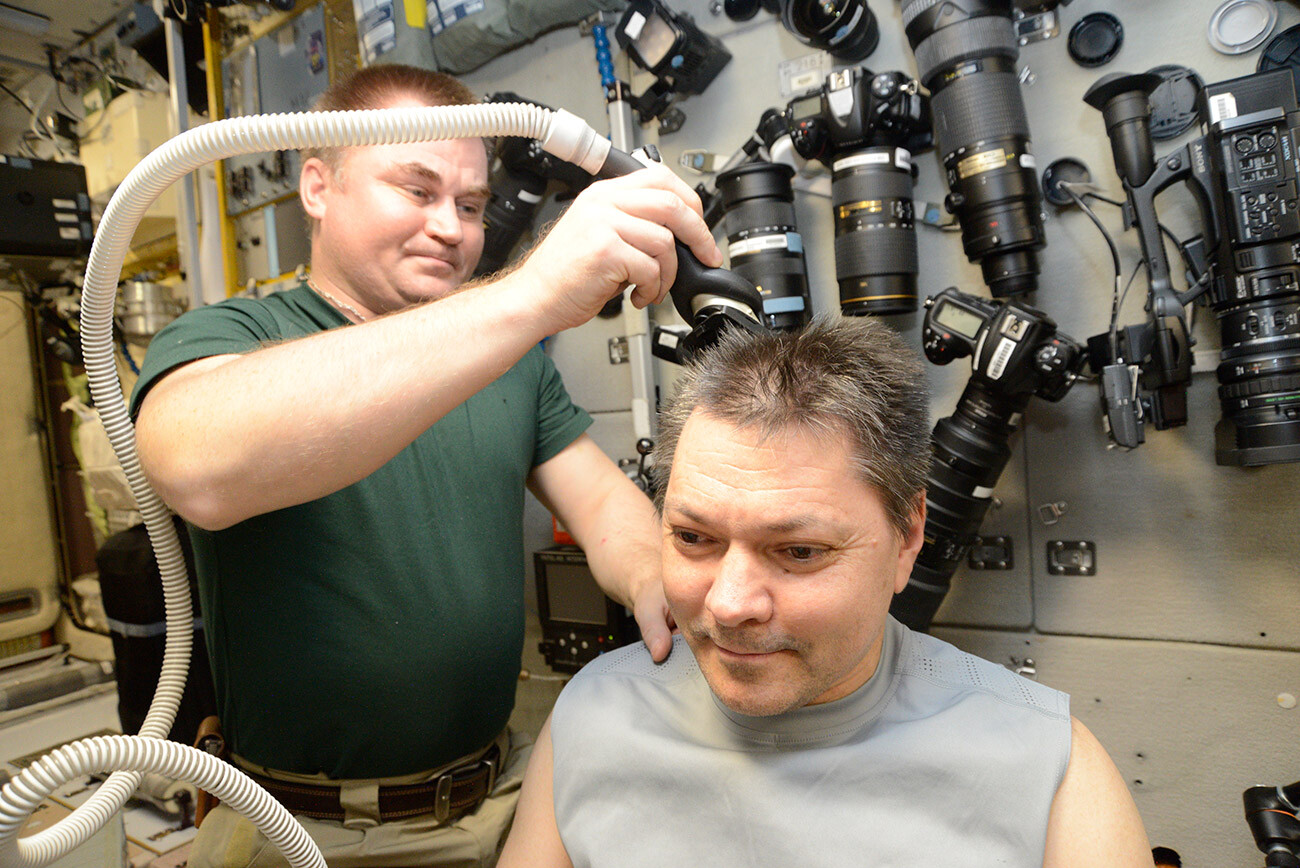
Oleg studied together with his future wife, Tatiana, who is a construction engineer. In 2003, the couple had twins Andrei and Alisa.
Although being a serious professional, Kononenko always brings positive atmosphere to the ISS and has shown his creativity on a number of occasions.
For example, in 2011, he took the national Yakut instrument called 'khomus' with him to orbit and played it in zero gravity.
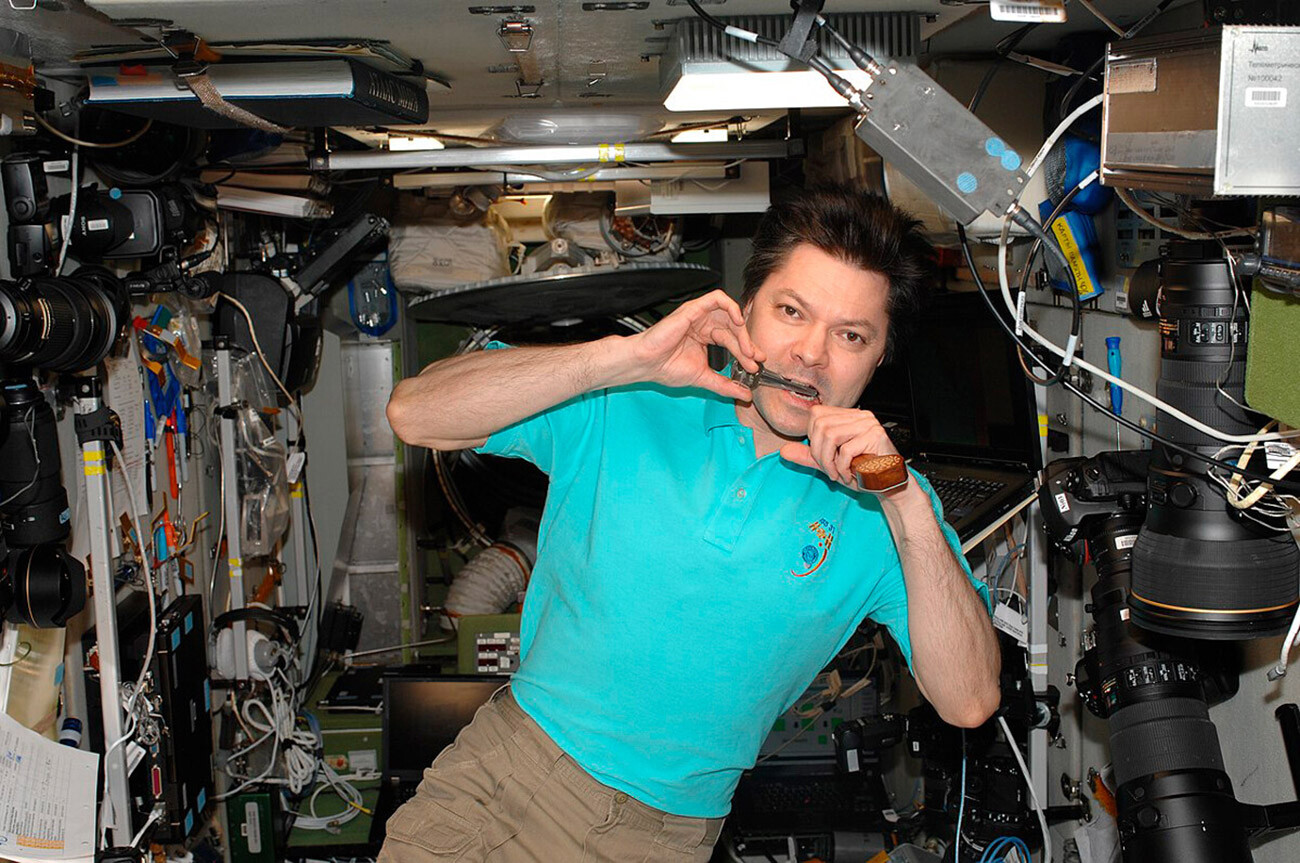
Kononenko is also known as an amateur photographer. He actively takes pictures on board and shares the everyday life of cosmonauts on the ISS on social networks. the everyday life of cosmonauts on the ISS on social networks.
In 2019, he also wowed social media users with some incredible aerospace photos. That is, space views of various cities, world capitals and other geographical objects.
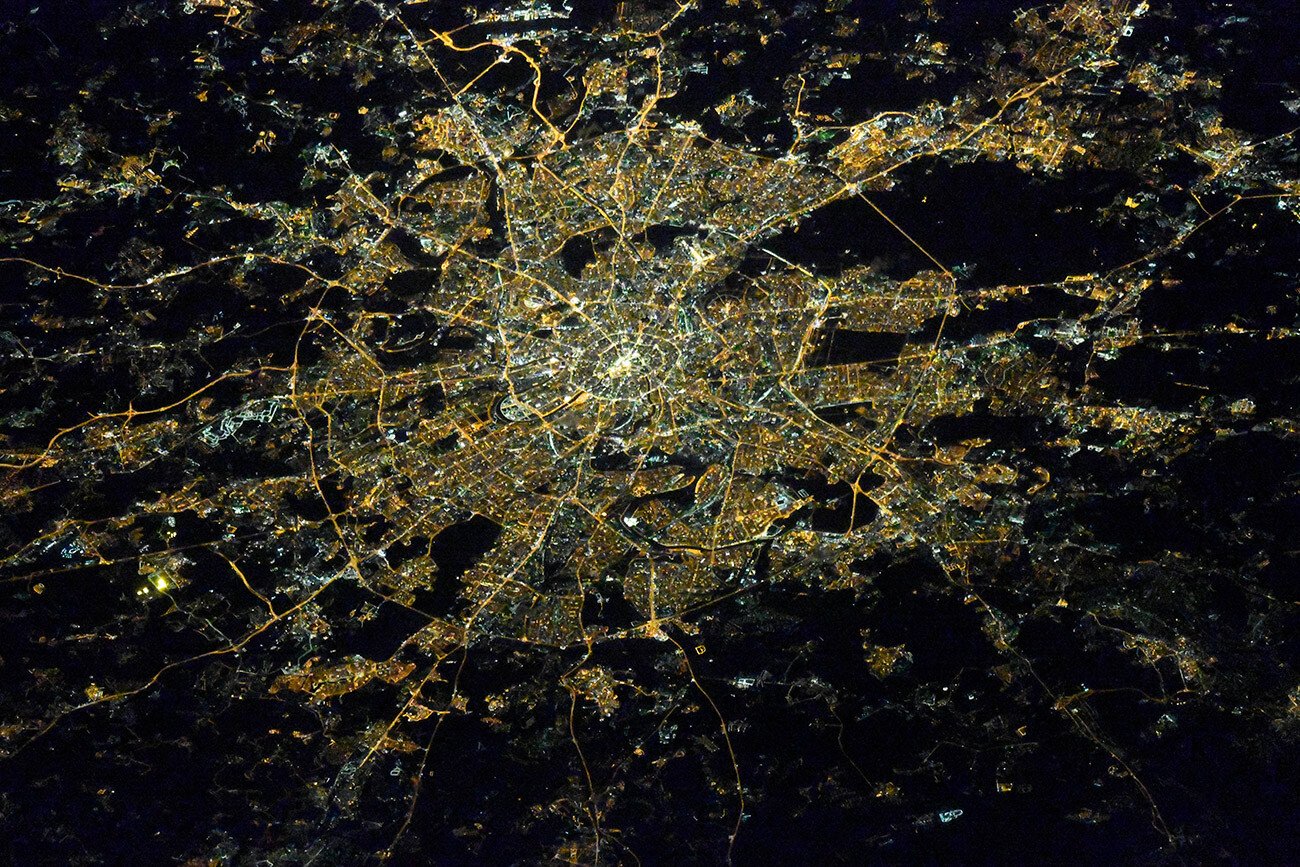
You can check out Kononenko's gallery of other space photos here.
Dear readers,
Our website and social media accounts are under threat of being restricted or banned, due to the current circumstances. So, to keep up with our latest content, simply do the following:
If using any of Russia Beyond's content, partly or in full, always provide an active hyperlink to the original material.
Subscribe
to our newsletter!
Get the week's best stories straight to your inbox